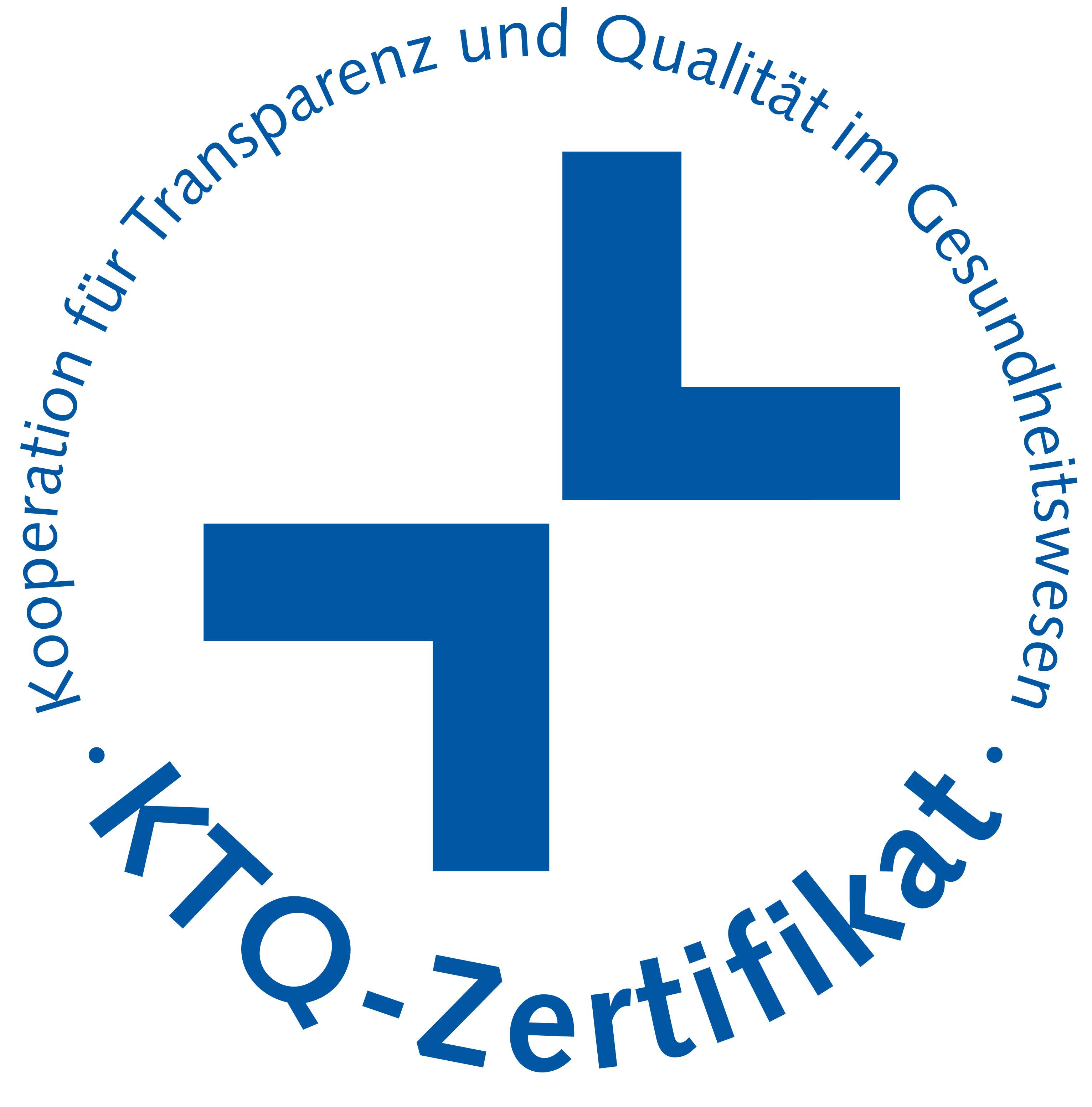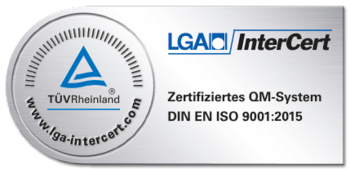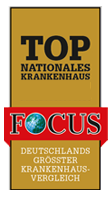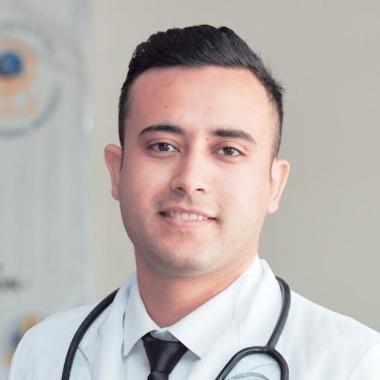University Hospital Freiburg

Head of the Department
Prof. Dr. Philipp Tobias Meyer
Department of Nuclear Medicine
Department of Nuclear Medicine at University Hospital Freiburg provides the latest diagnostics and therapeutics measures developed by radioisotopes. The main focus of the department is using nuclear medicine for the diagnosis and treatment of thyroid diseases but it is also used for some functional diagnostic tests of the lung, heart, brain, and skeleton. The department is in possession of the cutting-edge equipment such as PET-CT scanners, SPECT and SPECT-CT systems. Clinical trials and research projects are currently being conducted for the development of diagnostics and therapeutics by the research unit of the department.
Under the guidance of Prof. Dr. Med. Philipp Tobias Meyer, the department of nuclear medicine treats nearly 600 inpatients and performs more than 3,000 PET-CT examinations every year. The department is also a member of the Comprehensive Cancer Center Freiburg for its experience and efforts in the treatment of patients with different cancerous tumors.
Department of Nuclear Medicine at University Hospital Freiburg is specialized in the diagnosis and treatment of:
• Thyroid nodes
• Graves' disease
• Goiter
• Hashimoto's thyroiditis
• Thyroid cancer
• Lung cancer
• Brain tumors
• Kidney cancer
• Lymph node enlargement
- 1994 - 2000 Study of Human Medicine, RWTH Aachen and the University of Pennsylvania.
- 2000 Final examination.
- 2001 Doctoral thesis defense.
- 2002 - 2005 Research Fellow, Juelich Research Center, Institute of Medicine.
- 2004 - 2007 University of Cologne, Interdisciplinary Training Program in Molecular Medicine.
- 2001 - 2002 and 2005 - 2008 Assistant Physician, University Hospital Aachen and University Hospital Leipzig, Nuclear Medicine and Neurology.
- 2008 Medical Specialist in Nuclear Medicine.
- Since 2008 Head of the Department of Nuclear Medicine at the University Hospital Freiburg and W3 Professor (since 2014).
Main Research Focuses
- Molecular neuroimaging with the help of PET and SPECT. Focus: diagnostics and prognosis in neurodegenerative diseases.
- Preclinical and clinical examinations of radiopharmaceuticals for neurological and oncological imaging and therapy (in particular, ligand receptors).
- Development of techniques (PET-CT and SPECT-CT, quantitative assessment of blood flow and conductive nerve paths).






